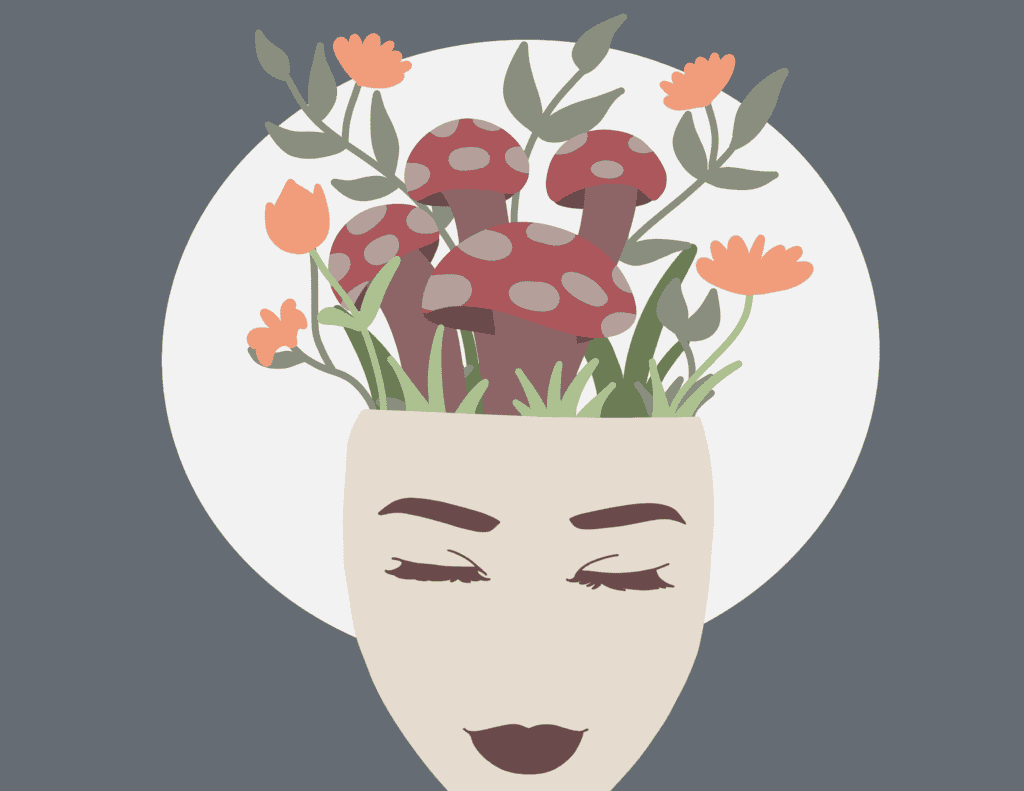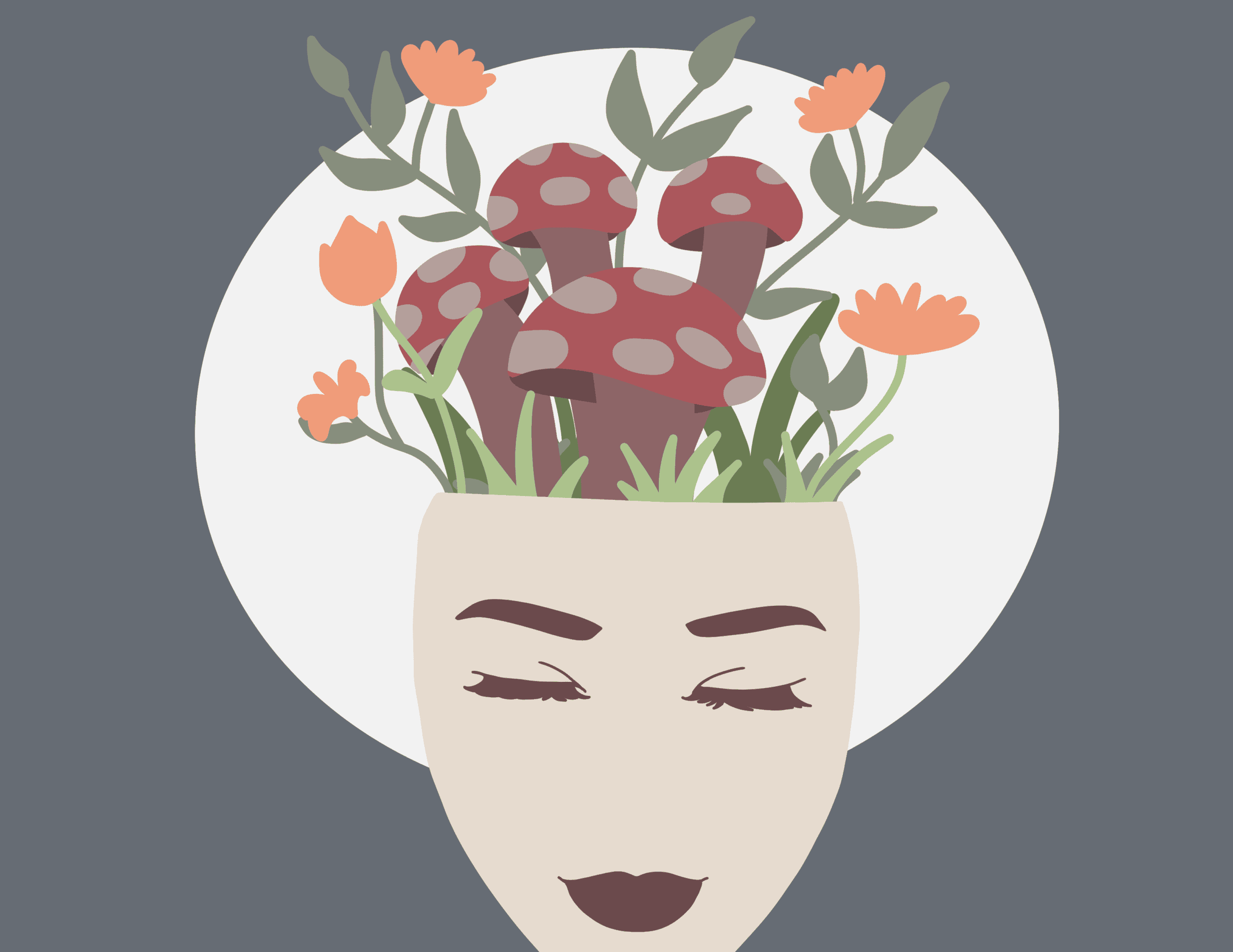

“Meditation is not evasion, it is a serene encounter with reality.”
– Thich Nhat Hanh
Meditation remains an often overlooked practice despite its profound impact on our well-being. Beyond its well known ability to alleviate stress and anxiety, meditation holds the power to cultivate clarity and enhance focus. In this post, we delve into the numerous benefits of meditation, underscoring the importance of incorporating it as a regular component of your daily life.
Before we dive into the benefits of meditation, let’s first define what it is. Meditation is the practice of focusing your mind on a particular object, thought, or activity to achieve a mentally clear and emotionally calm state. Picture this: you sit down, close your eyes, and embark on a journey to achieve a state of mental clarity and emotional zen. It’s like a spa day for your brain, without the hefty price tag. There are all sorts of meditation techniques out there, but they all share the same goal: shutting down the monkey mind and reducing stress.
The word “meditation” has its roots in Latin and is derived from the word meditatum which means “to ponder.” The concept of meditation has been practiced and cultivated by various cultures and civilizations throughout history, with different names and techniques associated with it.
In ancient Indian traditions, meditation is deeply intertwined with spiritual and philosophical practices. The Sanskrit term for meditation is “dhyana,” which refers to a state of focused concentration and contemplation. Meditation has been an integral part of Hindu, Buddhist, and Jain traditions in India for thousands of years.
In Chinese culture, the term “chan” refers to a form of meditation that is closely associated with Zen Buddhism. Similarly, in Japanese, it is referred to as “zazen,” which means “seated meditation.” These traditions emphasize the practice of mindful sitting meditation as a means to attain insight and enlightenment.
One of the most well-known benefits of meditation is stress reduction. When we meditate, we enter into a state of deep relaxation that allows us to let go of the stresses of our daily lives. This relaxation response is incredibly beneficial for both our mental and physical health.
Meditation not only has the power to improve your mental and emotional well-being but can also have a profound impact on the quality of your sleep. Many of us have experienced the frustrating struggle of lying in bed, unable to quiet our racing thoughts and find restful sleep. It is in these moments that meditation emerges as a tranquilizer dart, effectively taming the squirrels of our thoughts and guiding us into the realm of dreamland.
When we engage in meditation before bedtime, we create a soothing and calming environment for our minds. The practice helps to quiet the mental chatter and gently slows down the incessant flow of thoughts. As we settle into a meditative state, we become more attuned to the present moment, releasing the worries and stresses that might have accumulated throughout the day. This process of letting go creates a mental space conducive to relaxation and sleep. The intentional focus on the breath or a chosen mantra allows us to detach from the thoughts that keep us awake, providing a sense of peace and serenity. As we cultivate a sense of inner calm, our bodies respond by releasing tension and entering a state of deep relaxation, preparing us for a night of blissful slumber.
Meditation has also been shown to reduce symptoms of anxiety and depression. By focusing on the present moment and letting go of negative thoughts, we can cultivate a more positive mindset and improve our overall mental health. But the benefits of meditation go beyond just stress reduction and mental health. Meditation has also been shown to improve our physical health by lowering blood pressure, reducing inflammation, and even improving digestion. Meditation is the ultimate power nap for your organs, giving them a chance to relax and rejuvenate.
One of the remarkable benefits of regular meditation is the effect it has on our energy levels. In the midst of our fast-paced lives, it is all too easy to feel drained and depleted. However, by carving out those precious moments of stillness, we tap into a wellspring of revitalizing energy. Meditation helps us recharge and replenish our inner resources, leaving us feeling more vibrant and focused.
But perhaps one of the most intriguing benefits of this practice is the ability to change our brains. Studies have shown that regular meditation can increase gray matter in the brain, which is associated with increased memory, attention, and emotional regulation. Meditation can also help us become more self-aware and mindful. It serves as a catalyst for rewiring our thought patterns and beliefs. By consciously directing our attention and focus, we can gradually dissolve old habits and cultivate new, empowering perspectives. Through consistent practice, we begin to disentangle ourselves from limiting thoughts and self-imposed limitations. Instead, we open ourselves up to a greater sense of possibility, fostering a mindset of growth, resilience, and self-compassion. It’s like having a personal brain trainer who pumps iron with your neurons. You’ll be a mental powerhouse in no time!
“Meditation is a vital way to purify and quiet the mind, thus rejuvenating the body.”
– Deepak Chopra
And let’s not forget about the spiritual benefits of meditation. For centuries, meditation has been used as a tool for spiritual growth and enlightenment. By connecting with our inner selves and the universe around us, we can gain a deeper understanding of ourselves and the world we live in. It’s like being the protagonist in your own spiritual adventure.
So, if meditation is so beneficial, why aren’t more people doing it? One reason may be that people simply don’t know how to meditate or feel intimidated by the practice. But the truth is, meditation is incredibly simple and can be done by anyone, anywhere. To get started with meditation, all you need is a quiet space, a comfortable position, and a few minutes of your time. There are many different types of meditation, so it’s important to find one that works for you. Some popular types of meditation include mindfulness meditation, guided meditation, and mantra meditation.

Let’s dive into these popular types of meditations and what they mean.
Mindfulness meditation is like a mental vacation in the present moment.
It involves bringing your full attention and awareness to the present experience without judgment. During mindfulness meditation, you focus on your breath, bodily sensations, thoughts, or external stimuli, while gently acknowledging and letting go of any distractions that arise. It’s all about observing your thoughts and feelings as they come and go, like a calm observer. Mindfulness meditation helps cultivate a non-reactive and accepting mindset, promoting inner peace and clarity.
Guided meditation is like having a spiritual tour guide who leads you through the realms of relaxation and self-discovery. In guided meditation, you listen to a recorded or live voice that provides instructions, imagery, and soothing guidance throughout the practice. It can be specific, such as focusing on gratitude or visualizing a peaceful scene, or it can be more general, helping you relax and let go of tension. Guided meditations are great for beginners or anyone who prefers a bit of assistance and structure during their meditation journey.
Mantra meditation is like a repetitive groove that tunes your mind in to a state of calm. In this type of meditation, you choose a word, phrase, or sound (known as a mantra) and repeat it silently or aloud. The mantra serves as a focal point, allowing you to anchor your attention and let go of distracting thoughts. The repetition of the mantra helps quiet the mind and create a sense of inner stillness. Mantra meditation can be deeply soothing and can facilitate a meditative state, even for those who struggle with racing thoughts.
It’s important to note that while these three types of meditation have distinct approaches, they all share the common goal of achieving a state of mental clarity, relaxation, and increased self-awareness. The choice of which type to practice ultimately depends on personal preference and what resonates best with you. Feel free to experiment and explore different techniques to find the one that feels most comfortable and beneficial for your meditation practice.
Author Katherine Woodward Thomas shares her unique perspective on meditation, shedding light on its diverse forms and practices. While many of us associate meditation with the traditional methods of sitting still, observing our thoughts, and focusing on the breath, Thomas reveals that there exist numerous paths to reconnect with our inner center. These paths encompass a wide range of activities: from closing our eyes and quietly reciting a mantra, to swaying gently to the rhythm of a Buddhist chant, or taking a mindful solitary walk along the beach. Alternatively, we can express our devotion through dancing, crafting thoughts in our journal, or reciting sacred texts aloud. Further options include painting love on a canvas or finding solace in the serene and sacred spaces of cathedrals, temples, or mosques. By broadening our understanding of meditation, Thomas reminds us that it is not confined to a single approach. As human beings, we possess an infinite array of avenues to discover stillness within ourselves.
Meditation acts as a transformative channel through which we can deepen our self-awareness. By dedicating a mere 5 to 10 minutes of stillness each day, we have the power to rewire our minds, unlock the realms of our unconscious thoughts, and cultivate an abundance of energy to navigate our daily lives.
Through consistent practice, meditation becomes a powerful tool for self-discovery and introspection. As we settle into the stillness, we create a space that allows us to observe the workings of our own mind with clarity and non-judgment. We become more attuned to the patterns and tendencies that shape our thoughts, emotions, and behaviors. This heightened awareness offers valuable insights into our true selves, unveiling aspects that may have remained hidden or neglected in the busyness of life.
In essence, by committing to a daily meditation practice, we embark on a transformative journey of self-discovery. We uncover the layers of our being, gain insights into our unconscious thoughts, and liberate ourselves from limiting patterns. Moreover, we tap into an abundant reserve of energy that fuels us as we face the challenges of each day. Through meditation, we not only get to know ourselves better but also create a solid foundation for personal growth, well-being, and fulfillment.